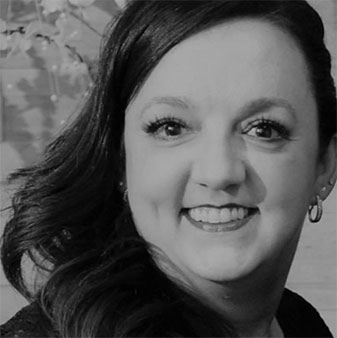“Knowledge is of no value unless you put it into practice.” – Anton Chekhov
As you begin to transition into the workforce, you may be asking yourself: Is the knowledge I gained in the classroom the same knowledge I will need in my career? The classroom environment, where many of us begin, provides a strong foundation by discussing theories, concepts, and technical skills that help us understand how things work. Then comes the moment when theory meets reality.
When you graduate and step into the workforce, you may quickly discover that real-world situations are far more complex than textbook examples. The neatly defined problems you solved in class now come with unpredictable challenges, shifting priorities, and human dynamics that no textbook can fully capture. True career growth comes from combining what you learn academically with hands-on experience. By starting that knowledge transition while still in college, whether through internships, volunteer work, or real-world projects, you can begin applying classroom concepts to practical situations and better prepare yourself for what is ahead.
Build Your Foundation in the Classroom
Learning about your career begins in the classroom, whether it is a physical or virtual environment. In this setting, you can uncover essential career knowledge of the what and the why behind your specific field of study. These lessons shape how you approach challenges and prepare you for the expectations of the professional world.
Learn by Doing in the Workplace
In the workplace, you develop problem-solving skills that no test can measure. You apply what you’ve been taught while also developing soft skills, such as communication, teamwork, time management, and problem-solving. Also, you pick up practical knowledge that only comes from experience, including how to handle unexpected challenges, adapt to different work styles, and meet organizational goals while under pressure. It is about learning how to apply what you know and how to keep learning as your career evolves.
Bridge the Two Worlds
How do you transition your academic learning to career-ready knowledge and skills? Connecting classroom learning with workplace experience is key to becoming career ready. Rather than seeing them as separate paths, use your time in college to blend academic knowledge with hands-on skills, building a strong foundation for your future.
Close the Gap Between Learning and Doing
To gain an advantage, it is important to begin to build the bridge between learning and doing before you graduate from college. Instead of focusing solely on recognizing the right answer for a test, challenge yourself to explain key concepts as you would in a job interview—this can reveal any gaps in your understanding and boost your mastery.
To assist you with this process, UMGC Career Services partners with Forage, a platform that offers free, real-world work simulations designed to help you bridge the gap between classroom learning and professional experience. Accessible through CareerQuest, Forage programs allow you to apply your knowledge and skills in realistic workplace scenarios without an interview required to get started. These experiences not only help you test and strengthen your abilities but also provide valuable accomplishments you can showcase on your résumé.
Takeaway
Bridging the gap between classroom learning and real-world application is essential for career readiness and professional growth. When you combine academic knowledge with hands-on experience, you don’t just complete tasks; you understand their purpose and learn how to perform them more effectively.
Classroom learning gives you the what and the why, while the workforce teaches you the how. Both are equally important and work together to build a strong foundation. Together, theory and real-world experience create a strong foundation for your growth—building confidence to start your journey and adaptability to keep moving forward. By blending both, you become a professional who can turn knowledge into action and success.
Raelynn Frazier Grasso, Ph.D. is a Career Advising Specialist and an Assistant Adjunct Professor of Psychology, with a strong foundation in counseling, human development, and higher education. Dr. Grasso brings deep expertise in individual and group career advising, college exploration and preparedness, and career transitions. She has designed and facilitated numerous programs aimed at strengthening college student engagement, personal and career identity development, and overall career readiness.
Dr. Grasso’s scholarly interests center on career decision-making, epistemic cognition, self-efficacy, and career development. These areas guide her holistic approach to supporting students from diverse backgrounds as they navigate complex educational and professional pathways and shape her student-centered approach to advising and teaching.
Dr. Grasso holds a Bachelor of Science in Psychology from the University of Utah and both a Master of Science and Ph.D. in Educational Psychology from the University of Nevada, Las Vegas. She is committed to normalizing the messiness of the career development process and fostering college student success through evidence-based practices and inclusive advising strategies.



